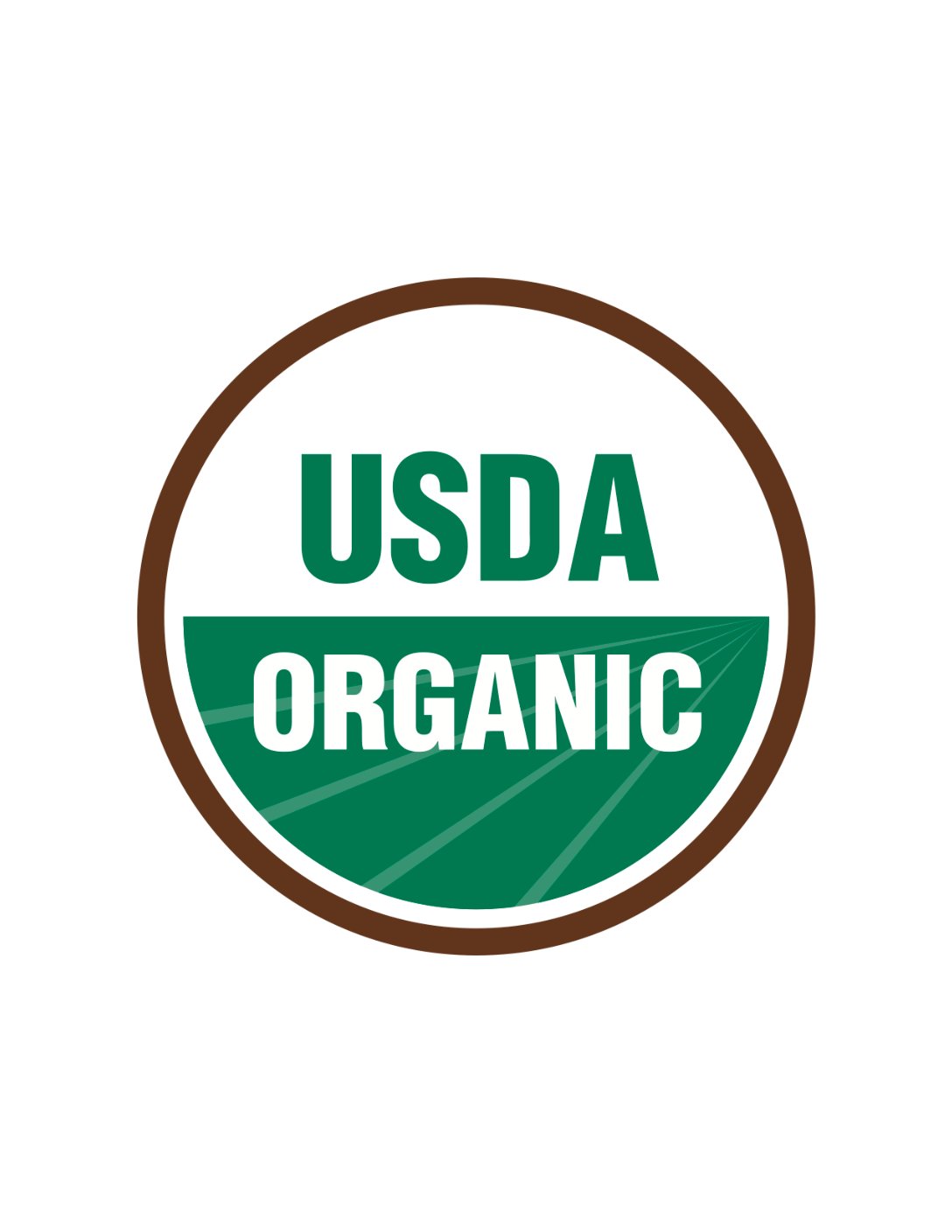Demand for CBD products is growing, with more companies trying to find space in an already crowded market. Customers are now seeking out organic CBD products, but those can be hard to come by. It’s not an easy or quick process to get a company or CBD product certified. For products that receive that designation, they become highly sought after. USDA organic certification increases transparency and builds trust between customers and companies.
At one time, it was enough for a CBD product company to include third-party testing results and manufacturing dates on product labels. That quickly became the industry standard for CBD and hemp-based products. Today, telling the good from the bad has become more difficult.
USDA Certification Process and Why It’s Important
For CBD products to receive organic certification from the U.S. Department of Agriculture, products must pass an intense audit process. Numerous companies claim their products are organic or all-natural. However, there isn’t a way to determine if that’s true as there’s little oversight for CBD products. The CBD industry is flooded with products that have never been vetted, tested, or verified. The USDA organic certification designation helps customers differentiate between high-quality and questionable-quality CBD.
From the farm to the store shelf, every step of the CBD manufacturing process is under a microscope. To certify a CBD product as organic, the company must develop a plan that shows a sustainable, responsible process along its entire supply chain. Once the company implements those practices, a USDA agent will inspect the plan as well as the hemp plants and the farm before making a decision.
The agent must verify several pieces of information, including safety, contamination risk, water quality, and soil quality. For example, for CBD to be certified as organic, it must start from hemp grown in soil free from contaminants, including pesticides or fertilizers. If a company passes every step of the assessment process, the USDA designates the CBD products as organic. But, that designation is only good for one year. The company must go through the inspection and certification process once a year to hold on to that status.
The certification process for CBD products is also expensive, but it’s worth the cost. The USDA has only certified about a dozen companies as organic. These products are now quickly rising to the top of the market. Recent studies find customers are searching for organic and natural CBD products. People tend to trust them more than other non-certified CBD products.
Organic CBD and Sustainability
Hemp plants are bioaccumulators, meaning they absorb anything that may be in the soil or the field. Organic farming practices ensure hemp plants are not exposed to those chemicals. That way, they don’t ever end up in the finished CBD product.
Customers aren’t the only ones who benefit from USDA-certified organic CBD and CBD products. Organic farming methods promote sustainability by conserving energy and water and increasing nutrients in the soil. Manufacturers and companies that choose to take the organic route may soon become the leaders of the CBD industry.
